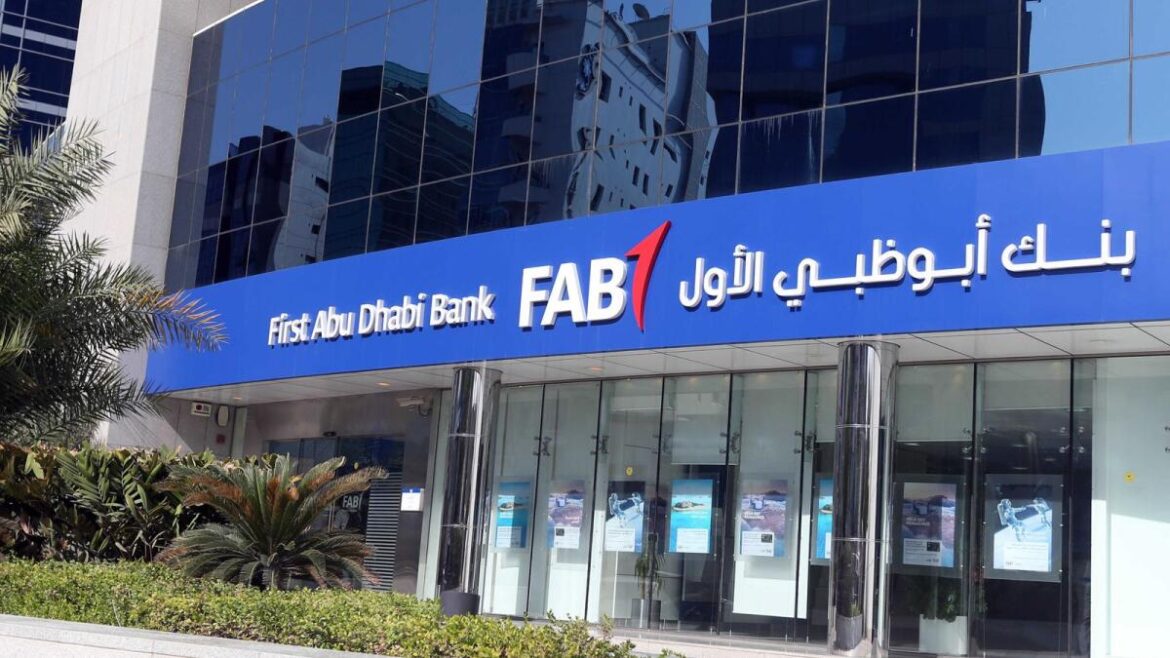The assets of Islamic banks operating in the UAE jumped $23.41 billion to surpass $195 billion, according to the Central Bank of the UAE.
The CBUAE data showed that the assets of Islamic banks reached Dh717.7 billion ($195.39 billion) at the end of February 2024, an annual increase of 13.61 per cent compared to Dh631.7 billion ($171.98 billion) at the end of February 2023.
Deposits in Islamic banks increased to Dh509.4 billion at the end of February, reflecting an annual increase of 15.8 per cent compared to Dh439.9 billion in February 2023, an increase equivalent to Dh69.5 billion over 12 months. Total investments of Islamic banks reached Dh141.7 billion at the end of February.
Islamic finance in the UAE has seen a greater focus in recent years on initiatives related to harmonisation and calibration of Shari’ah requirements with the aim of promoting the stability and growth of Islamic finance and providing an enabling environment for the development of innovative products and services.
As the total assets of the global Islamic finance industry continues on its growth path, in the UAE its growth quickened in 2023 thanks to the robust performance of the non-oil economy, S&P Global Ratings. Other Islamic finance countries contributed only 15 per cent of the industry’s incremental growth in 2023.
S&P expects high-single-digit growth in 2024-2025 after a growth of 8.0 per cent in 2023 (excluding Iran).
‘’We expect sukuk issuances to hover between $160 billion and $170 billion in 2024, furthering the industry’s asset growth in 2024. The sukuk market has started 2024 strong, with total issuance reaching $46.8 billion at March 31, 2024, compared with $38.2 billion at the same date a year prior,” the ratings agency said.


